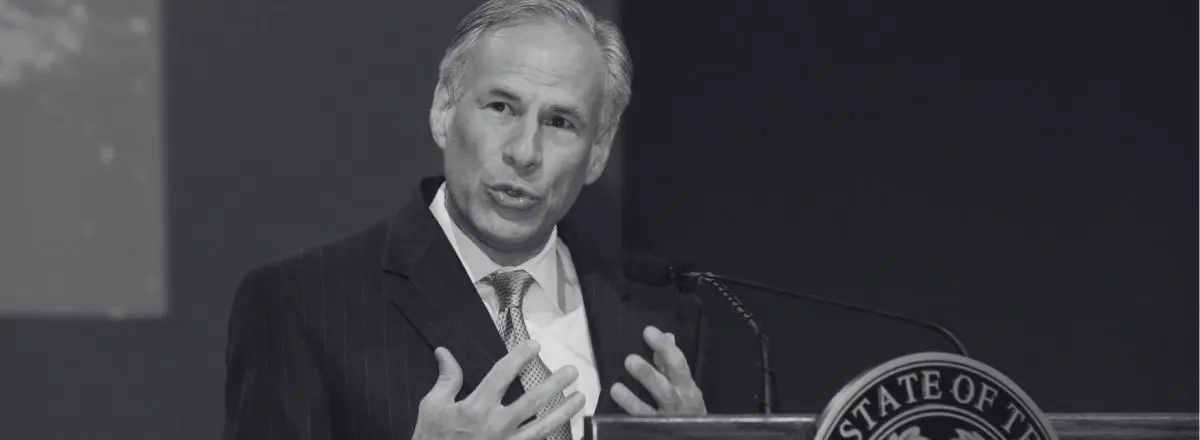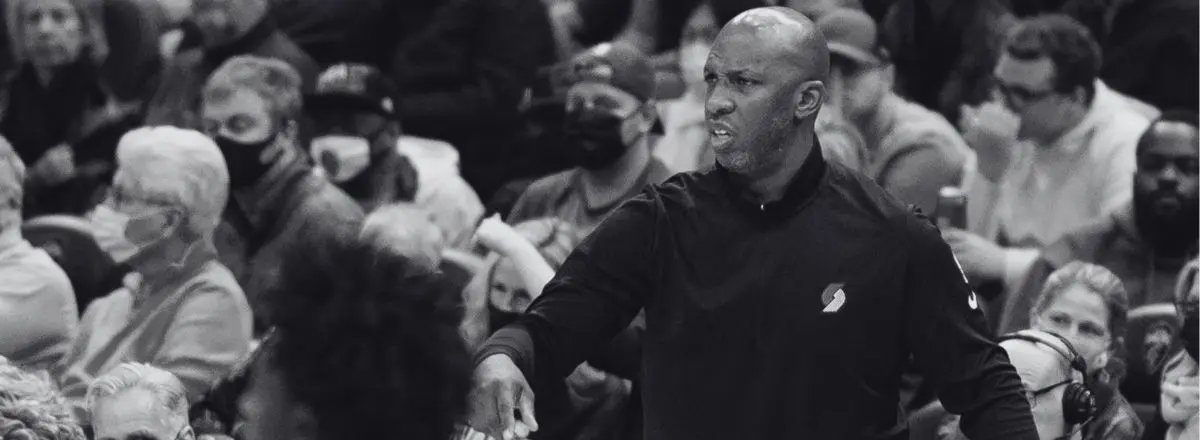It turns out the push for the legalization and expansion of Texas sports betting and casino gambling is about to get a lot more crowded.
This will not come as a huge surprise to anyone who has paid attention. Following the sale of the Dallas Mavericks by then-majority owner Mark Cuban, we knew that one casino operator already set their sights on bringing legal gambling to The Lone Star State.
Miriam Adelson, a majority stakeholder in The Las Vegas Sands Corporation, purchased the Mavs from Cuban. The Sands Corp has previously shown interest in setting up a resort style casino that offers sports betting in Texas while serving as the venue for pro sporting events. Incidentally, once the sale was made final, companies affiliated with Adelson began buying up a bunch of land near the Mavs arena. These transactions are viewed as an attempt to both advance and cement the sports gambling agenda in The Lone Star State.
Of course, while these purchases telegraph a clear motive and intent, they are purely speculative. Texas has yet to show a strong enough interest in the legalization of sports betting. One company’s guesswork, however educated, does not portend a changing tide.
But what happens when one company becomes multiple companies? Say, two companies? Or three companies? Or more?
Investments from numerous relevant stakeholders could speak volumes about sports betting projections in Texas. And it just so happens, investments along these lines appear to be afoot throughout the state—not just from The Las Sands Corp, but from many others.
Gaming Operators Have Already Started Entering The Real Estate Market in Anticipation of Texas Sports Betting
Though The Sands Corp has received most of the Texas gambling headlines after Miriam Adelson bought an NBA franchise, they are far from the only casino operator ready to break ground in The Lone State State. In fact, they are far from the first to enter the market. As the staff over at The Real Deal, a real estate publication focused on Texas, noted in a recent deep dive on the matter:
“Last year, Fort Worth-based resort and spa operator Canyon Ranch partnered with entertainment company VICI Properties, which owns Caesars Palace in Las Vegas and other casinos and entertainment sites, to expand the Canyon Ranch brand. VICI invested $200 million in a Canyon Ranch development in Texas’ Hill Country, capitalizing on the state’s explosive population growth and demand for entertainment.
“Other casino operators, such as Choctaw Casinos and Resorts and the Chickasaw Nation of Oklahoma, have established their presence in the DFW area. Choctaw has prominent branding through naming rights and sponsorship deals, while the Chickasaw Nation owns the Lone Star Park horse racetrack and operates the Winstar World Casino and Resort near the Texas-Oklahoma border. The Cordish Companies, in partnership with the Texas Rangers, is developing the $1 billion Texas Live! mixed-use development in Arlington. Cordish recently broke ground on a $270 million Live! Casino & Hotel in Bossier City, Louisiana, which is projected to generate significant gaming tax revenues for the state, the outlet reported.”
All of this development may be but a tip of the iceberg. Many other operators are expected to try breaking ground inside the market if and when Texas changes their gaming laws.
That raises the question: Are things about to change in The Lone Star State?
Sports Betting Still Commonly Opposed in The Lone Star State
As we mentioned at the top of this article, these real estate transactions are largely speculative. Ditto for any interest from gaming operators that have yet to join the fray. Companies would like their projections to become inevitabilities, but there’s no guarantee that they do.
To that end, all eyes will be on the Texas legislature over the next year or so. They are not scheduled to meet again until February 2025. That means a Texas sports betting bill won’t be approved for legalization before the next general election.
Thus far, attempts to rewrite The Lone Star State’s gaming laws have proven unsuccessful. Lieutenant Governor Dan Patrick has repeatedly stated sports betting doesn’t have the requisite support in the Senate. The topic has gained more steam in the House of Representatives, but even their endorsement is not assured.
Many initially thought the widespread opposition had more to do with online sportsbooks in the United States coming into the market. Over time, it has become clear that’s not the case. Most discussions on the future of Texas sports betting tend to focus solely on retail and casino gambling. So, the opposition to legalization seems more wholesale than method-specific. And entering the start of 2024, nothing coming out of The Lone Star State suggests this will change in the near future.
What Does the Future Hold for Gambling in Texas?
Still, gaming operators aren’t the only ones trying to change the state’s tune.
Professional sports teams inside the market—including the Mavs—have repeatedly advocated for the legalization of gambling. Their messaging will hold influence.
What's more, the 2024 election will give voters the chance to install officials who are more pro-gambling than not. Whether Texans seize that opportunity remains to be seen.
But we’ll get clarity on that specific issue later this year—in November 2024, to be more exact.
Take a look at this list of the top online sportsbooks so you can find one that works for all of your sports betting needs:
-
EXCLUSIVE BONUS
 50% bonus up to $250Play Now
50% bonus up to $250Play NowT&C apply, 18+, Play responsibly
- EXCLUSIVE BONUS
 125% up to $1,250Play Now
125% up to $1,250Play NowT&C apply, 18+, Play responsibly
- EXCLUSIVE BONUS
 225% up to $3,625Play Now
225% up to $3,625Play NowT&C apply, 18+, Play responsibly
-
 50% bonus up to $250Play Now
50% bonus up to $250Play NowT&C apply, 18+, Play responsibly
-
 125% up to $2,500Play Now
125% up to $2,500Play NowT&C apply, 18+, Play responsibly












